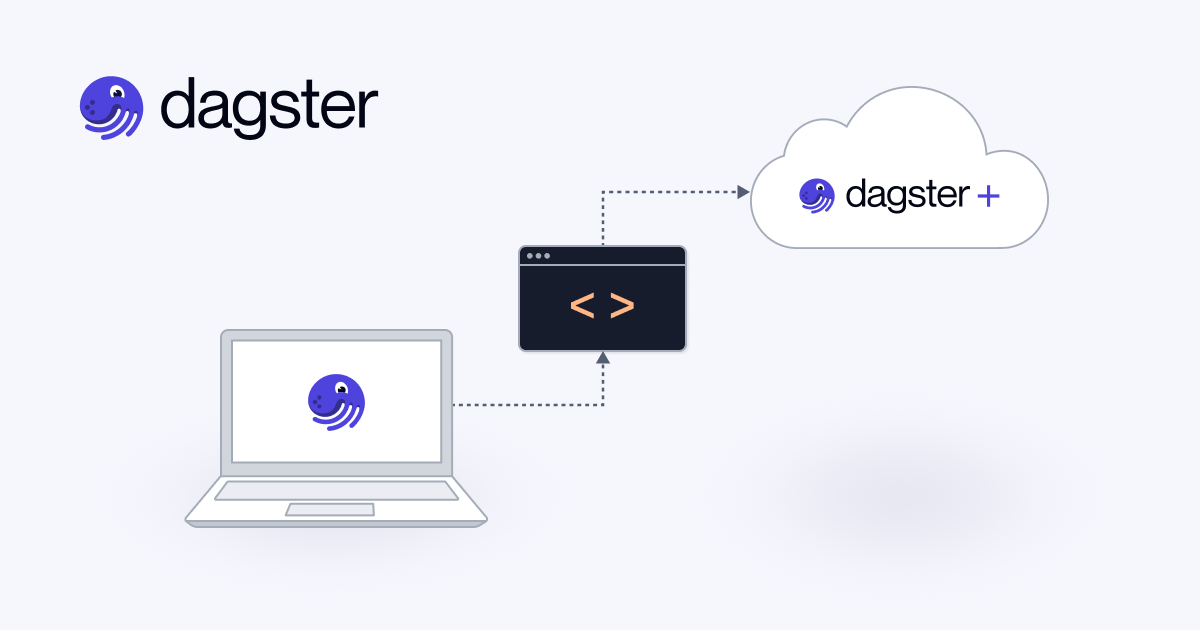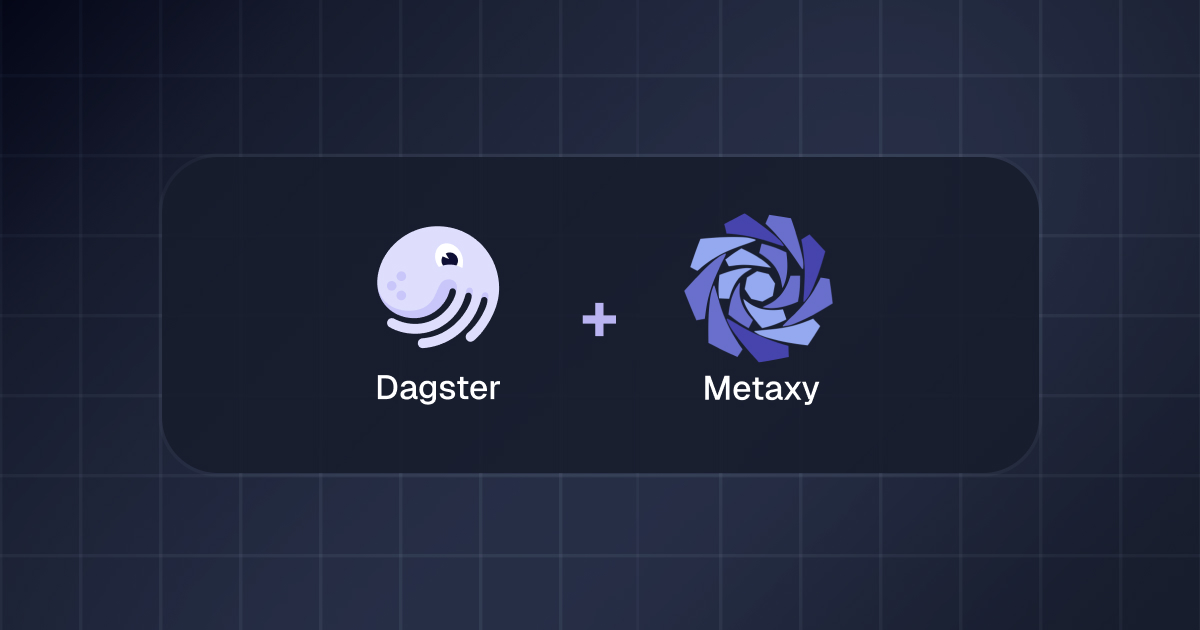What Is Data Engineering?
Data engineering focuses on the practical application of data collection and processing techniques. The primary goal is to design systems that consolidate, clean, and transform data into usable forms for analytical and operational use cases. This discipline ensures the flow of data from source to destination, accommodating complex and varying data sources. Through automation and efficient data handling, it removes bottlenecks in data pipelines, allowing integration and consistency across organizational data assets.
Data engineering involves designing an architecture to support analytics and AI use cases, ensuring that storage mechanisms (e.g., data lakes and data warehouses) comply with the specific requirements of business units. It also involves utilizing tools and technologies that permit scalability and adaptability in data processes. Data engineering lays the foundation for data analytics and machine learning by creating data sets that are clean, structured, and ready for further interrogation and utilization.
What Do Data Engineers Do?
Data engineers are responsible for developing, constructing, testing, and maintaining data architectures and their components, such as databases, data streaming engines, and data processing systems. Their primary task involves designing, implementing, and managing the pipeline architecture to ensure efficient and reliable data flows. They work on optimizing data delivery, enabling more efficient and accurate data analysis to support organizational goals.
In addition, data engineers collaborate with data scientists and analysts to improve data quality and develop datasets for deeper analysis. They are proficient in using a range of tools and technologies to build data systems. These engineers also focus on infrastructure building, ensuring data orchestration, transition, and integration. Their operational support includes troubleshooting issues, ensuring that data systems operate smoothly without unplanned downtime.
Types of Data Engineers
Generalists
Generalist data engineers handle a broad spectrum of tasks across the data pipeline. They thrive in small teams or startups where resources are limited, working across data collection, processing, and analysis phases. Their flexibility allows them to implement full-stack data solutions, integrating various technologies to meet company-specific challenges.
With a generalist approach, engineers can adapt quickly to changing business needs, addressing multiple aspects of data engineering without specialization. This adaptability makes them valuable assets in environments where versatility and cost-effective resource usage are essential. Their role often bridges gaps between IT and business domains.
Pipeline-Centrists
Pipeline-centric data engineers focus primarily on developing and maintaining data pipelines, ensuring efficient data flow within an organization. They specialize in automating data movement from source systems to data warehouses or lakes. Their role involves selecting and optimizing tools like Dagster and Apache Airflow to facilitate and orchestrate pipeline operations.
These engineers emphasize process reliability, managing dependencies and ensuring fault tolerance in data flows. By concentrating on pipeline architecture, they enable consistent and timely data availability for analytics and reporting functions. Their expertise supports organizations in scaling data operations while minimizing friction and maintaining high performance.
Database-Centrists
Database-centric engineers focus on database architecture and optimization, ensuring effective data storage and retrieval systems. They excel in schema design, indexing, and query performance tuning, allowing databases to handle large data volumes efficiently. Their proficiency extends to managing SQL and NoSQL databases, data warehouses, and data lakes to accommodate structured and unstructured data needs.
This specialization encompasses maintaining data integrity, consistency, and security within database systems. Engineers collaborate closely with developers and analysts to provide reliable, scalable storage solutions. Their work is critical for organizations requiring high data availability and swift access, underpinning real-time analytics and transaction processing systems.
Data Engineering vs. Data Analysis vs. Data Science
Data engineering lays the groundwork for data analysis and data science by preparing and structuring data for analysis and making it accessible to stakeholders.
Data analysts focus on interpreting and visualizing this information to derive actionable insights. Their goal is to transform data into a story that highlights trends and patterns useful for strategic decisions.
Data scientists delve deeper into data to develop predictive models and algorithms that assist in forecasting future trends. They use structured data provided by data engineers to train machine learning models and perform statistical analysis.
While all three roles overlap in their use of data, each has its specific focus: engineering on efficient data processing; analysis on insight extraction; and science on outcome prediction and automation.
Key Data Engineering Use Cases
Real-Time Analytics
Real-time analytics is a prominent use case where data engineering plays a crucial role. It involves continuous analysis and processing of data as it comes in, enabling quick decision-making. Businesses leverage this capability to monitor live transactions, customer interactions, and resource utilization. Data engineering supports real-time analytics by enabling high-speed data collection, processing, and analysis infrastructure.
To achieve this, data engineers implement architectures that handle large data volumes at high velocity, using tools like Apache Kafka and Amazon Kinesis. These systems prioritize data stream integrity and timeliness, ensuring that data is available instantly. This form of analytics empowers companies to generate immediate business value, optimize operations, and enhance customer experiences by acting on up-to-the-minute insights.
Data Migration
Data migration encompasses the process of transferring data between storage types, formats, or systems. It involves planning and executing the movement of large data sets without disrupting business operations. Data engineers facilitate this transition by ensuring data integrity and consistency across platforms. They use tools like Apache NiFi for orchestrating and automating data flow between different environments.
Effective data migration allows organizations to leverage more scalable, cost-efficient platforms, enhancing their data capabilities. Data engineers address compatibility issues and resolve potential conflicts during migration. They implement error handling and rollback strategies to preserve data quality, ensuring that migrated data is accurate and reliable.
Artificial Intelligence
Artificial intelligence (AI) relies heavily on data engineering to provide models with high-quality data sets necessary for training. Data engineers facilitate the collection, cleaning, and preparation of these data sets, allowing AI systems to function optimally. They ensure that data pipelines feeding machine learning models maintain reliability and scalability, handling large-scale data efficiently.
Proper data preparation minimizes biases and enhances the performance of AI models. Data engineers employ feature engineering techniques to extract meaningful variables from raw data, significantly impacting model accuracy. By enabling robust data workflows, engineers allow businesses to deploy AI solutions that drive innovation, automate processes, and enhance decision-making capabilities across various domains.
Fraud Detection
Fraud detection is a special case of a mission-critical business function that relies on data engineering. In organizations like payment card providers, data engineers create solutions for identifying anomalies in transactional data. By constructing systems that detect irregular patterns, data engineers play a pivotal role in securing financial transactions. The focus is on deploying real-time detection algorithms that identify and flag suspicious activities promptly.
For effective fraud detection, data engineers enable integration of disparate data sources into cohesive models that enhance detection accuracy. By leveraging machine learning algorithms, they ensure adaptive mechanisms that learn from past fraud patterns, continuously improving detection efficacy. This proactive approach minimizes fraud-related losses and enhances trust in digital financial environments.
Key Components of Data Engineering
Data Extraction/Collection
Data extraction involves retrieving data from various sources, transforming it into a suitable format for processing. Data engineers use techniques and tools such as web scraping and API integration to automate the collection process, ensuring they gather comprehensive data sets. Proper extraction strategies help maintain data accuracy, validity, and consistency, which are essential for downstream applications.
The process also encompasses dealing with unstructured data, turning it into a structured format ready for analysis. This task requires data engineers to employ regular expressions and pattern recognition to identify relevant data points. By mastering data extraction, engineers can guarantee that the foundational data is sound, supporting reliable analytics and modeling efforts.
Data Ingestion
Data ingestion refers to the movement of data from various sources into a storage medium conducive for further processing. Data engineers create pipelines to systematically transport, schedule, and handle data in real-time or batch formats. The goal is timely and scalable data integration using tools like Apache Kafka and AWS Kinesis.
This process ensures that data remains current and reflective of the organization’s operational landscape. By optimizing the ingestion process, data engineers minimize latency and enhance the immediacy of data availability. Efficient ingestion supports business strategies that rely on precise, real-time data insights to drive decision-making.
Data Storage
Data storage involves choosing appropriate database solutions to store collected data efficiently and securely. This key element requires data engineers to evaluate and implement storage systems based on the type and volume of data, such as data warehouses or SQL databases for structured data and data lakes or NoSQL databases for unstructured data. Storage solutions must also ensure scalability and data retrieval speed.
Data engineers optimize their storage strategies, balancing cost-efficiency with data accessibility. They consider factors such as data redundancy and replication to safeguard data integrity and availability. Effective solutions promote the structured organization of data, supporting a foundation for analytics, reporting, and machine learning deployment within organizations.
Data Modeling, Scaling, and Performance
Data modeling involves designing data structures that meet the requirements of various applications. Data engineers create schemas that define relationships within data, supporting efficient querying and retrieval. Modeling decisions impact data scalability and performance, influencing how data systems grow with increasing organizational demands.
Engineers focus on optimizing performance by employing indexing, partitioning, and replication strategies. These techniques enhance data processing efficiency, ensuring systems remain responsive under heavy traffic. Scalable models allow businesses to manage larger data volumes without sacrificing processing speed or accuracy.
Data Transformation
Data transformation is the process of converting raw data into a structure fit for analysis. This involves cleaning, filtering, and aggregating data based on business requirements. Data engineers use ETL (extract, transform, load) tools like Apache Spark to streamline processes, ensuring that transformed data meets analytical needs.
Engineers design transformation workflows that automate consistency checks, data type conversions, and enrichment with additional contextual information. Properly transformed data is pivotal for accurate analyses, ensuring that outputs are relevant and actionable.
Data Quality and Governance
Data quality and governance are critical for ensuring that data remains accurate, complete, and secure throughout its lifecycle. Data engineers establish quality frameworks that include validation, error detection, and correction procedures to maintain high standards for data integrity. Enforcing governance policies involves setting rules, roles, and responsibilities associated with data usage.
Engineers also facilitate compliance with industry regulations through audits and monitoring, mitigating risks associated with data misuse. By ensuring consistent, governed data, organizations are better equipped to perform accurate analytics and maintain trust with stakeholders.
Security and Compliance
Data security is a top priority, involving the protection of sensitive data against unauthorized access and corruption. Data engineers implement encryption, access controls, and secure data handling practices to protect data assets. These security measures align with compliance requirements like GDPR and HIPAA, ensuring organizational adherence to legal standards.
By integrating data security strategies, engineers safeguard against data breaches and potential financial penalties. Compliance efforts foster trust in data systems, enhancing stakeholder confidence in organizational data handling practices.
What Skills Do Data Engineers Need?
Data engineers require a mix of technical skills and domain knowledge to build reliable, scalable data systems. Key skills include:
- Programming and scripting: Data engineers need proficiency in languages like Python, SQL, and Scala. Python is widely used for scripting and data manipulation, while SQL is essential for querying and transforming datasets. Scala is often used in big data tools like Apache Spark, improving data processing performance.
- Data warehousing: Understanding data warehousing concepts is crucial. Data engineers should know how to structure data in warehouses like Snowflake, Amazon Redshift, or Google BigQuery, ensuring data is easily accessible and efficiently stored.
- Data modeling: Strong data modeling skills help data engineers design schemas that support efficient storage and retrieval. Knowledge of both normalized and denormalized models ensures that data systems can handle application requirements.
- ETL and data pipeline management: Engineers must master ETL (extract, transform, load) processes to transfer data from various sources into a usable format. Familiarity with tools like Dagster, Apache Airflow, Informatica, and Talend enables engineers to automate and optimize pipeline workflows.
- Big data technologies: Big data frameworks like Hadoop and Spark allow engineers to handle massive datasets. Hadoop provides distributed storage and processing, while Spark offers a faster alternative for in-memory data operations. Familiarity with these tools is essential for building scalable data solutions.
- Cloud platforms: With many data engineering workflows moving to the cloud, engineers must know services from AWS, Google Cloud, or Azure. Skills in cloud data storage (like AWS S3 or Google Cloud Storage), database services, and managed data pipeline solutions are in high demand.
- Data governance and security: Data engineers should be knowledgeable in data governance frameworks to ensure data quality, compliance, and security. Skills in encryption, role-based access control, and familiarity with compliance standards (such as GDPR or HIPAA) are increasingly necessary.
- Version control and CI/CD: Version control tools like Git and CI/CD practices simplify collaboration and ensure consistency in code and schema management. Engineers use these tools to track changes and integrate updates smoothly, minimizing disruptions in data systems.
Best Practices for Successful Data Engineering
1. Automate Data Pipelines
Automating data pipelines enhances processing efficiency and reduces manual intervention. Data engineers focus on building workflows that streamline data extraction, transformation, and loading processes, often using tools like Dagster to orchestrate elements across the pipeline. Automation minimizes errors, lowers operational costs, and accelerates data availability for analytics and machine learning tasks.
By implementing automation, engineers ensure pipelines adapt to changeable data requirements, managing dependencies and failures proficiently. This consistency boosts the reliability and robustness of data systems. It allows engineers to focus on optimizing processes rather than addressing repetitive tasks, facilitating scalable infrastructure.
2. Implement Data Quality Checks
Ensuring high data quality is paramount for reliable analytics and decision-making. Data engineers implement automated quality checks within pipelines to validate data accuracy, completeness, and consistency. Techniques include schema validation, anomaly detection, and error reporting to identify and rectify data issues promptly.
Proactive quality management prevents downstream data corruption and inaccurate analyses. It supports organizational confidence in data-driven strategies, leading to more informed business decisions. High data quality fosters efficient use of data resources, maximizing the potential for insightful analysis and prediction across various business domains.
3. Use Version Control for Data Schemas
Version control for data schemas ensures consistency and traceability of changes over time. Data engineers apply practices similar to software development, using tools like Git for tracking schema modifications. This approach facilitates collaboration among teams, maintaining a clear history of adjustments to the structural framework.
Implementing version control reduces the risk of errors in data models and enhances the ability to manage schema evolution in dynamic environments. It allows for rollback and experimental testing without disrupting production systems. Clear schema versioning supports meticulous quality assurance and smooth development processes, safeguarding data integrity.
4. Ensure Fault Tolerance and Data Recovery
Fault tolerance and data recovery are essential for robust data systems. Data engineers design architectures that withstand failures, utilizing techniques like data replication, redundancy, and automated backups to safeguard data integrity. Tools like Apache Hadoop offer built-in fault tolerance to handle node failures without data loss.
Engineers establish recovery strategies to restore data quickly and accurately from disruptions. These systems secure business continuity, protecting against potential data loss or operational downtime. By prioritizing fault tolerance and recovery, engineers enhance system reliability, ensuring data systems serve organizational needs consistently.
5. Maintain Clear Documentation
Clear documentation is critical for understanding and maintaining data systems. Data engineers develop comprehensive documentation covering architecture, data flow, pipeline processes, and troubleshooting procedures. Effective documentation facilitates knowledge transfer, enabling teams to quickly onboard and manage data systems efficiently.
Well-maintained documentation helps identify, address, and prevent issues, ensuring smooth operation and easier system audits. It promotes collaboration, providing a reference that aligns engineering efforts with organizational goals.
Related content: Read our guide to data engineering tools (coming soon)
Making Data Engineering Easier with Dagster
Dagster is an open-source data orchestration platform for the development, production, and observation of data assets across their development lifecycle.
It boasts an intuitive programming model, representing data pipelines in terms of the data assets that they generate, yielding an intuitive, declarative mechanism for defining complex data processes and their dependencies.
Thanks to its modular design and rich feature set, Dagster serves as the unified control plane for data processes across the organization, with native support for lineage and observability, an asset catalog, data validation checks, and best-in-class testability.
With composable integrations with popular data tools, native support for executing non-Python workflows in remote environments, declarative automation, and first-class support for partitioning, Dagster lets you seamlessly centralize and scale your data processes.
Learn more about the Dagster platform here.











